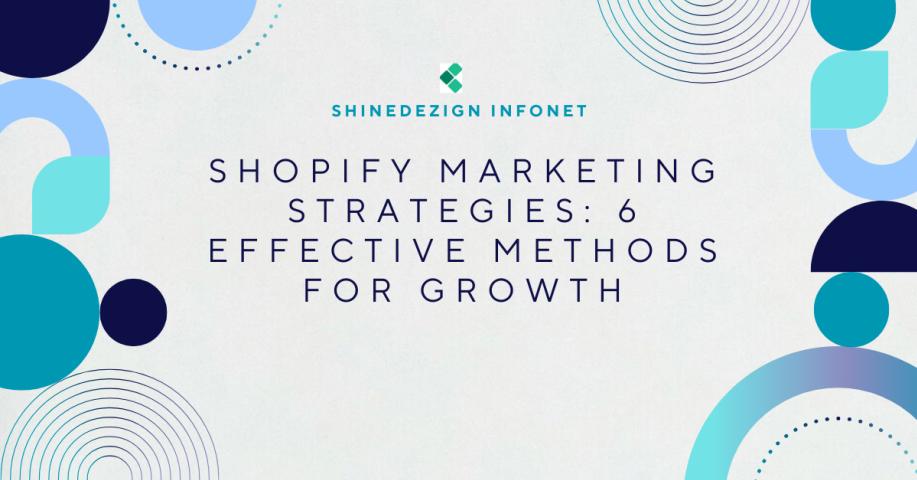The evolution of E-A-T to E-E-A-T (Experience, Expertise, Authoritativeness, and Trustworthiness) represents a significant shift in how Google evaluates content quality and relevance. This framework is crucial for modern SEO, particularly as the digital marketing landscape becomes increasingly saturated with information. In this article, we will explore the components of E-E-A-T, its importance in SEO, and strategies for effectively integrating these principles into your content marketing efforts.
Understanding E-E-A-T
1. Experience
The addition of "Experience" to the traditional E-A-T framework emphasises the importance of firsthand knowledge. Content that reflects genuine experience—such as personal stories or case studies—enhances credibility. For example, a product review written by someone who has actually used the product is more trustworthy than one from an uninformed source. This focus on experience helps Google assess whether the content creator has relevant insights that can benefit users.
2. Expertise
Expertise refers to the creator's knowledge and skills in a particular field. Google prioritises content that is authored by individuals with recognised qualifications or substantial experience in their subject matter. This is especially critical for "Your Money or Your Life" (YMYL) topics, such as health and finance, where misinformation can have serious consequences.
3. Authoritativeness
Authoritativeness pertains to the reputation of both the content creator and the website itself. A brand that is recognised as a leader in its industry will naturally have more authority in Google's eyes. Building authority can involve acquiring backlinks from reputable sources, engaging in thought leadership through guest posts, or being featured in trusted media outlets.
4. Trustworthiness
Trustworthiness is the cornerstone of E-E-A-T. It assesses how reliable and honest a website is perceived to be. Factors influencing trust include transparency about authorship, clear contact information, and user reviews or testimonials that validate claims made on the site.
Why E-E-A-T Matters for SEO
1. Improved Search Rankings
While E-E-A-T is not a direct ranking factor in Google's algorithm, it significantly influences how content is evaluated by human quality raters. Pages that demonstrate high levels of E-E-A-T are more likely to rank well in search results. As Google continues to refine its algorithms based on user feedback and quality assessments, adhering to E-E-A-T principles can lead to better visibility.
2. Enhanced User Experience
By focusing on E-E-A-T, brands can create content that genuinely meets user needs and expectations. High-quality, trustworthy content not only improves search rankings but also fosters user engagement and loyalty.
3. Combatting Misinformation
In an era where misinformation spreads rapidly online, Google’s emphasis on E-E-A-T helps ensure that users receive reliable information. By prioritizing content created by experts with firsthand experience, Google aims to improve the overall quality of search results.
Strategies for Building E-E-A-T
1. Showcase Your Expertise
Create detailed author bios that highlight qualifications and experiences relevant to your content topics. This transparency helps establish credibility with both users and search engines.
2. Leverage User-Generated Content
Encouraging customers to share their experiences with your products or services can enhance your site’s trustworthiness and provide authentic insights that resonate with potential customers.
3. Engage in Digital PR
Building relationships with reputable media outlets can boost your authority and visibility online. Positive coverage from trusted sources enhances your brand's reputation and signals trustworthiness to Google.
4. Focus on Quality Content Creation
Invest time in creating well-researched, informative content that addresses user queries comprehensively. High-quality content not only appeals to users but also aligns with Google’s quality standards.
5. Regularly Update Your Content
Keeping your content fresh and accurate demonstrates commitment to providing value to users. Regular updates signal to Google that your site is active and trustworthy.
6. Encourage Reviews and Testimonials
Positive reviews from satisfied customers enhance trustworthiness and authority. Actively solicit feedback and showcase testimonials prominently on your site.
Conclusion
The evolution from E-A-T to E-E-A-T underscores the importance of experience alongside expertise, authoritativeness, and trustworthiness in shaping modern SEO strategies. As Google continues to prioritize high-quality content that genuinely serves user needs, businesses must adapt their approaches accordingly.
By focusing on building strong E-E-A-T signals through authentic experiences, expert knowledge, authoritative presence, and trustworthy practices, brands can enhance their online visibility while fostering lasting relationships with their audience. For those looking to excel in this area, seeking guidance from a digital marketing expert in Kochi can provide valuable insights and strategies. In an increasingly competitive digital landscape, embracing these principles will be key to achieving sustainable success in SEO moving forward.



















